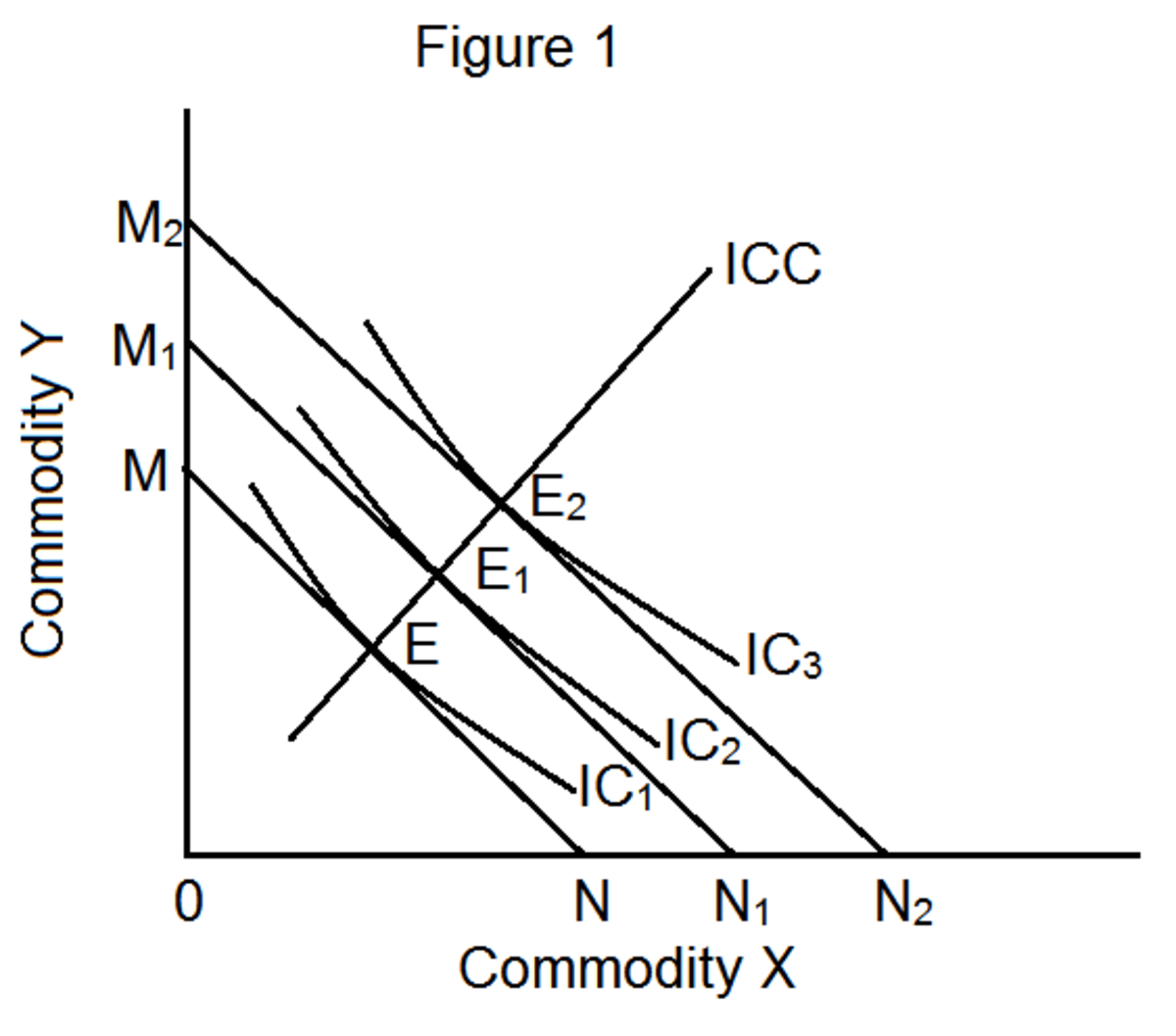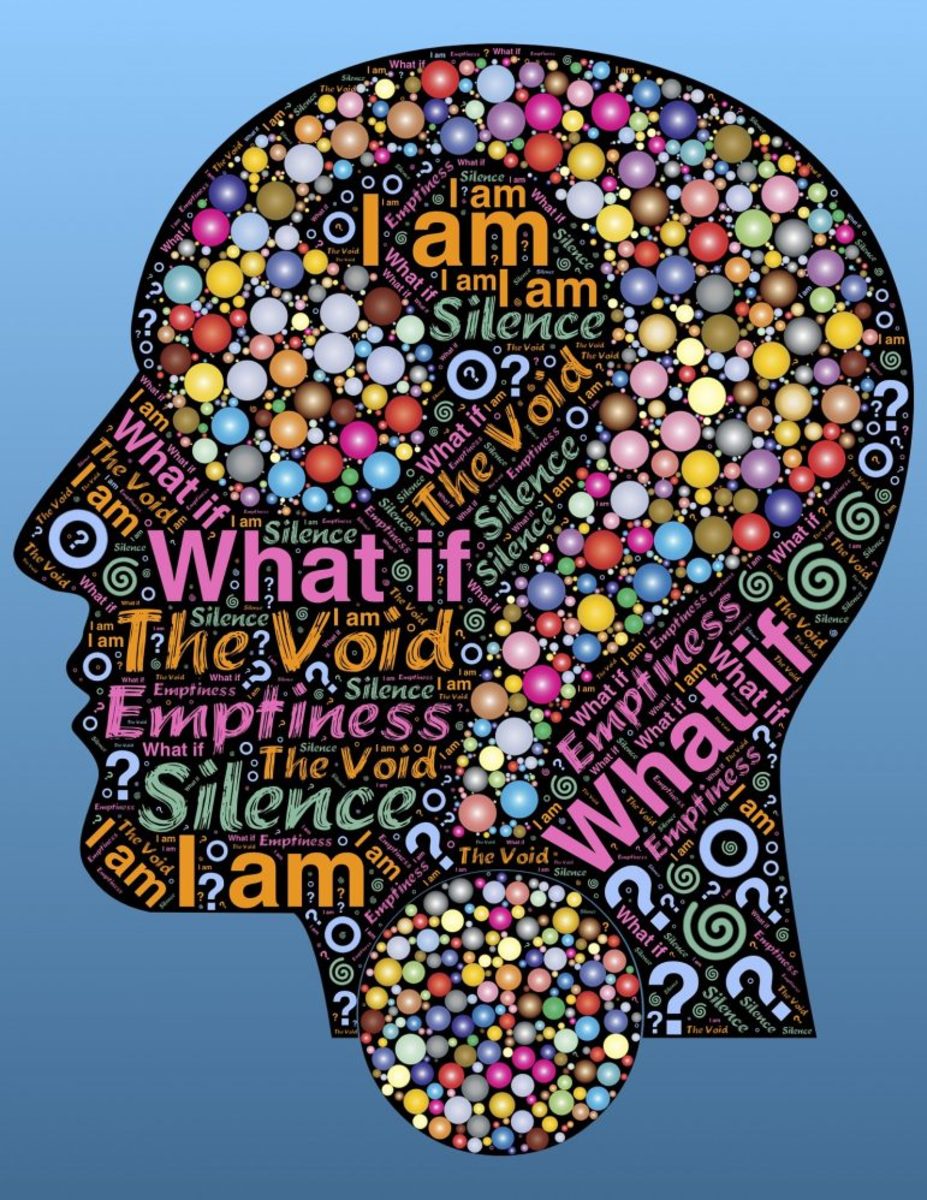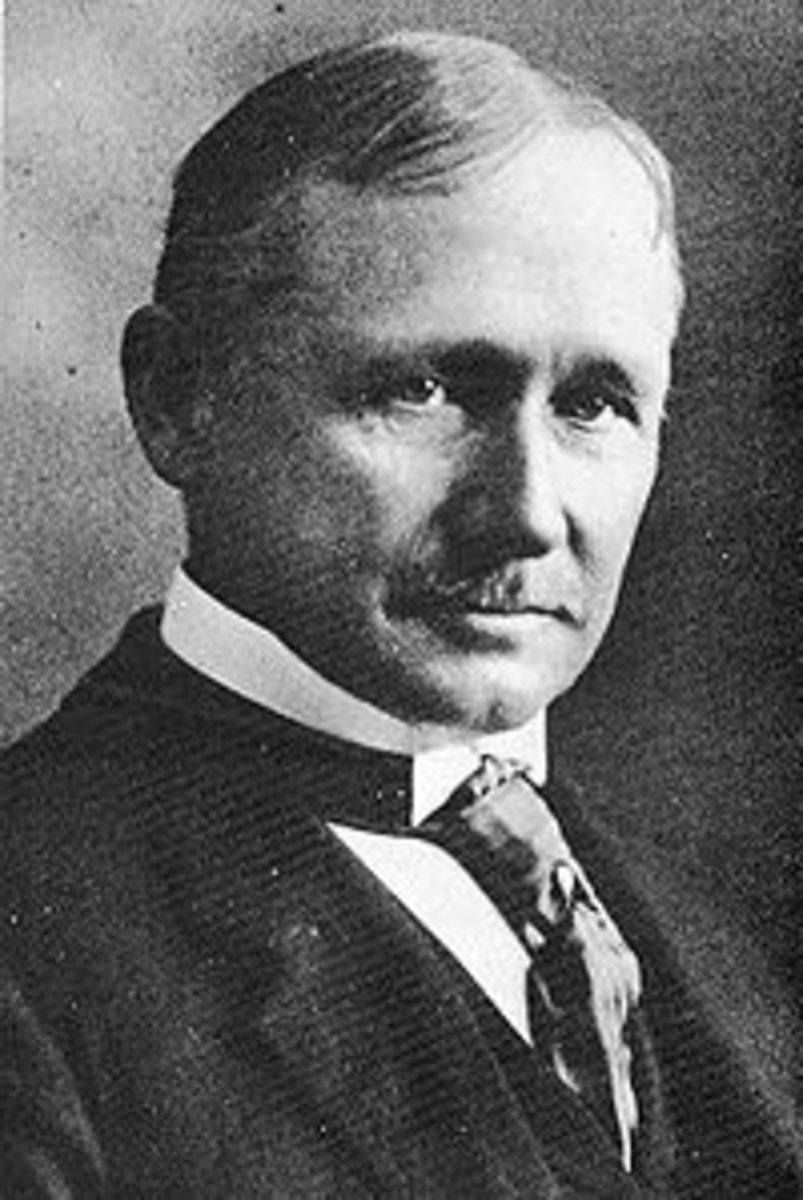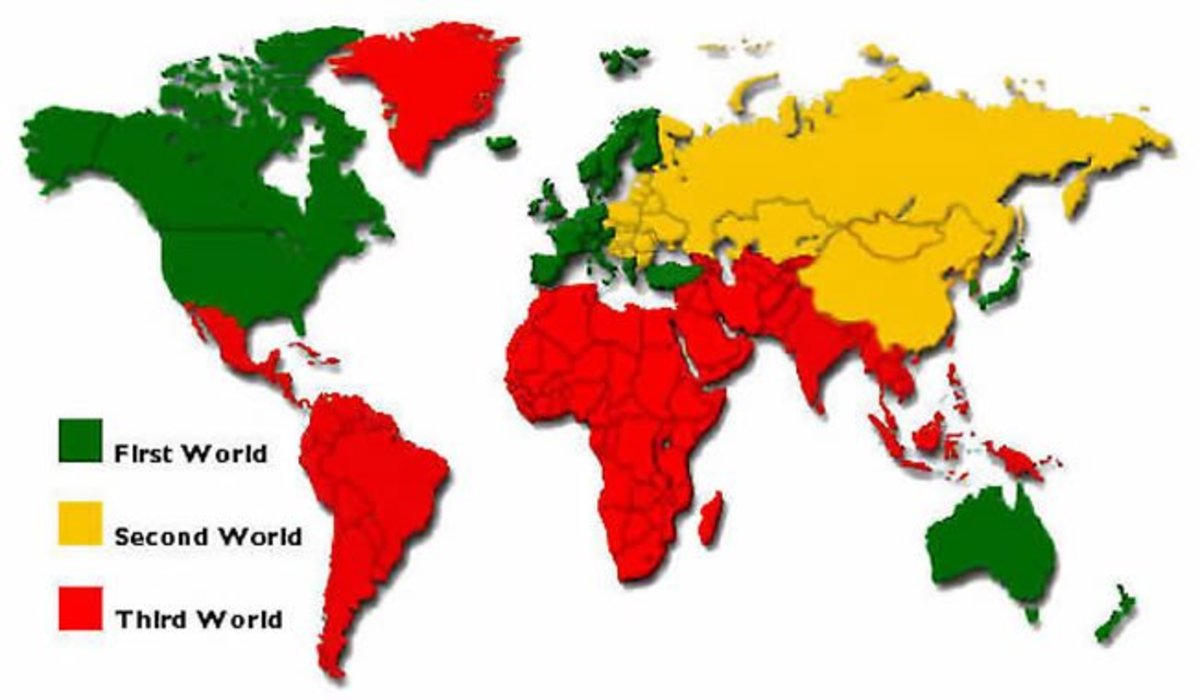Consumption & The Identity of Self

There are many expectations and standards placed on us as consumers. It is visible to us, through the study of consumption culture, that the consumer is recognised as one hegemonic body. A body that is docile, with only one set of needs, and with an abundance of accessible expendable income. Even though it is obvious that this is not true and is a wholly unrealistic representation, this is how advertising and promotion portrays the consumer. The role of this advertising is to, for the most part, not only create buyer awareness of a product but to create a link to a retailer that sells that product. For example, Dr Martens might release their latest pair of limited edition, top-of-the-range, knee high boots but only one retailer in Australia will hold the stock upon the release, that creates a lot of buzz for that business, and those lucky enough to get their hands on a pair (and have all the means necessary to acquire them) will have a bit of a bond to the company that was able to provide those boots to them. In chapter 9 of their book Reading Retail: A Geographical Perspective on Retailing and Consumption Spaces (2002), Wrigley and Lowe discuss a different theory in relation to retail that is still worth mentioning, however. They talk about the layout of retail spaces, such as shopping malls to maximise expenditure of patrons, as logically, the longer someone spends at a shopping destination (such as a mall) the likelier it is that they will spend more money. This is, however, a broad statement to make because that interpellates us as consumers to fit all of the criteria specified above.
The purchase of goods and services is most commonly what my mind goes to when thinking about consumption culture. This did get me thinking about other ways and other things we consume outside of this bracket. Admittedly, it did take me a while to come up with something that fits with this idea of consumption that does not seem like consumption, so I undertook some searching online to see if anything jumped out at me. Finally, one thing that stuck out to me was the concept of internet dating, which I found to be quite interesting. In an article entitled Marketing Molly and Melville: Dating in a Postmodern, Consumer Society (2001), Jagger discusses the beginning of a ‘normalisation’ surrounding internet dating. Contextually internet dating was still an emerging concept, however, it was far from a new idea as it was the natural progression of newspaper/magazine and telephone dating which were prominent in the previous two decades. Being where we are now, we have seen internet dating progress into something that is entirely normal, with the different apps and websites being advertised on mainstream platforms, such as television commercials, which is something that would not have happened at the time this article was written. Jagger also talks about internet dating as a form of self-marketing, as in one is configuring an appearance of themselves, for the specific reason of being consumed by others.
Based on this realisation alone, I guess self-identity has a lot more to do with my consumption practices then I first gave consideration. Every decision that we make is impacted by our own habits, interests and ethical standpoints, all of which are linked our sense of self-identity. In an article called Sustainability, Self-Identity, and the Sociology of Consumption (2010) written by Soron has a lot of discussion of the correlation between self-identity and the practice of consumption. Soron states that the “maintenance of personal identity has become linked to consumption” (2010). In relation to the Dr Martens example from above, people, myself included, put a lot of reliance on notable brands like this to establish level of status and waiting on validation of peers and associates in the form of compliments in order to feel good enough. I feel this is totally normal because everyone bases their interpretation of their own identity based on those of other people.
References
Jagger, E. (2001). Marketing Molly and Melville: Dating in a postmodern, consumer society. Sociology, 35(1), 39–57. doi:10.1177/0038038501035001004
Soron, D. (2010). Sustainability, self‐identity and the sociology of consumption. Sustainable Development, 18(3), 172–181. doi:10.1002/sd.457
Wrigley, N., & Lowe, M. S. (2002). The configuration, manipulation and contestation of retail space. In Reading retail: A geographical perspective on retailing and consumption spaces (pp. 171–186). Retrieved from https://link.library.curtin.edu.au/ereserve/DC60262346/0?display=1
© 2019 Ebony Beckwith








